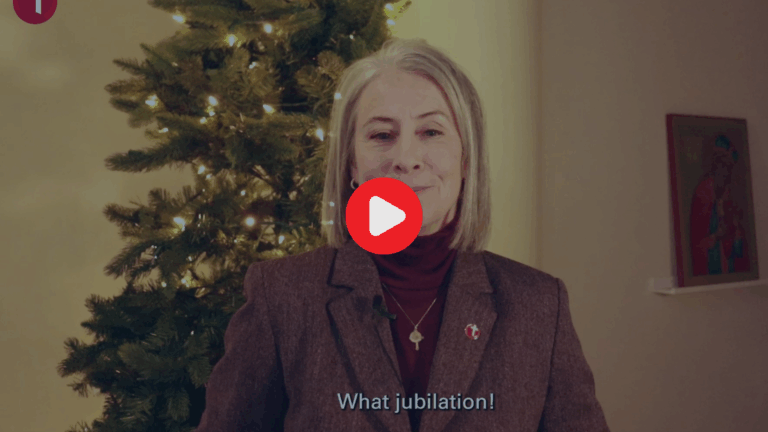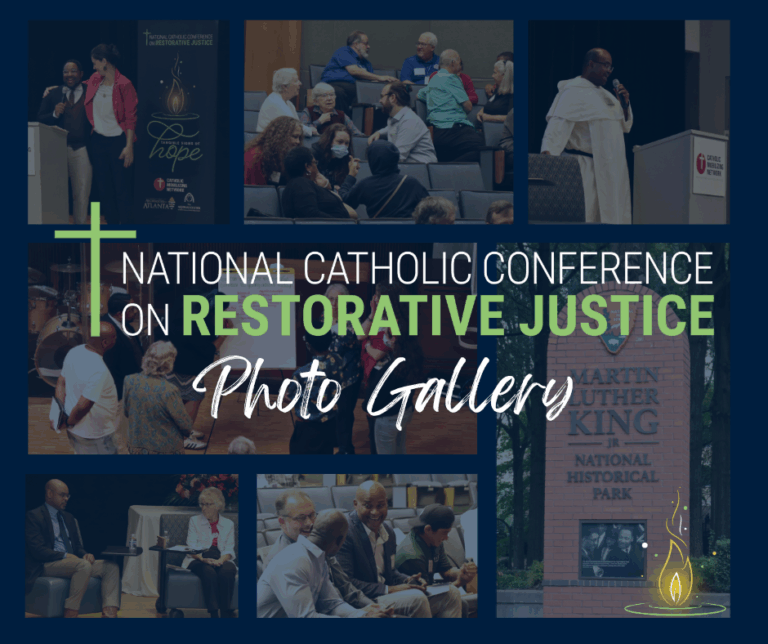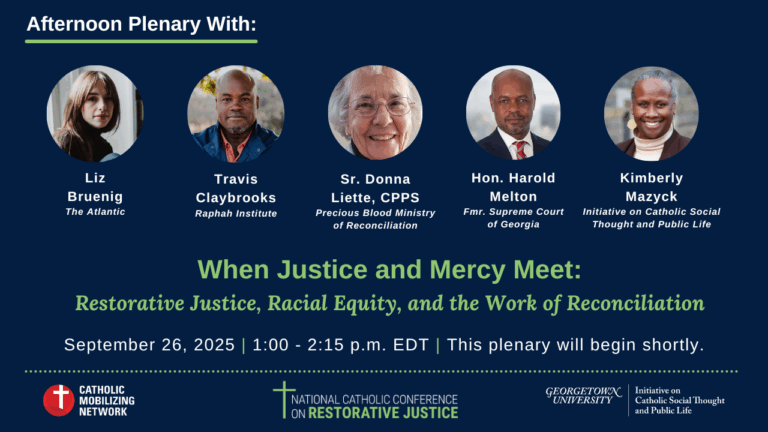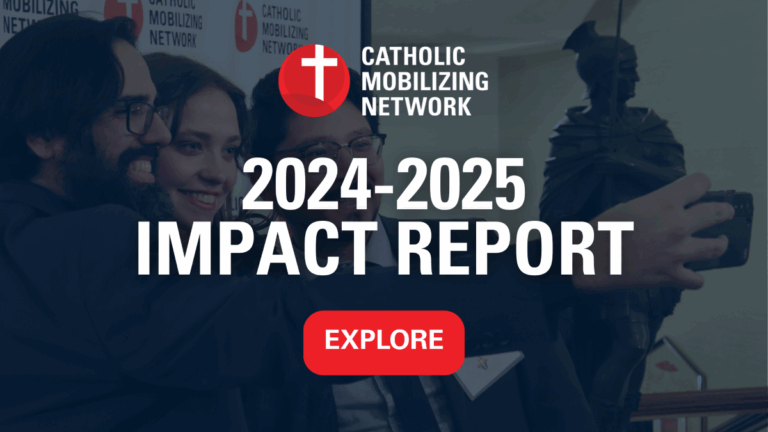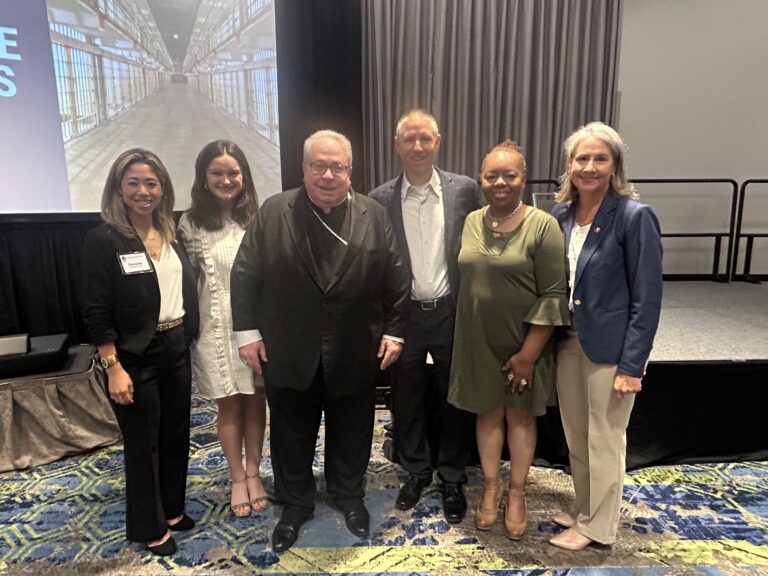Death Penalty Quarterly | January 2026
2025 held both setbacks and progress in the movement to end the death penalty. CMN’s webinar hosted on January 21 — The State of the Death Penalty in 2026: Trends, Realities, Advocacy — was a chance to reflect and to be reminded that, even in hard moments, hope and commitment continue to grow.
Below are significant developments from the past quarter, key insights, and CMN’s areas of focus for the coming months. I invite you to join us in the work that lies ahead.

By the Numbers
23 non-death penalty states
27 death penalty states, 4 of which have paused executions by executive action
47 executions in 2025 across 11 states
1,654 individuals executed and 202 individuals exonerated since the 1970s

RECORD HIGHS &
RECORD LOWS
2025 ended with the highest execution total this country has seen in more than a decade. 47 men were executed across 11 states, a rise from 25 executions in nine states in 2024.
Florida drove this national increase with 19 executions accounting for 40% of the national total:

- Florida averaged one execution every 16 days from February through December 2025.
- Before 2025, the only state to exceed 18 executions in a single year was Texas, most recently in 2009.
- Florida executed seven veterans in 2025, a majority of the 10 veterans put to death across the United States throughout the year.
At the same time as executions increased, new death sentences remained at record lows across the nation. 2025 marked the fifth year in a row with fewer than 30 people sentenced.
Texas demonstrates this national decrease:

- In 2025 Texas judges set seven execution dates that resulted in five executions and two stays. Only three individuals received new death sentences this year.
- This marks a sharp decline since peak use of the death penalty in Texas. In 1999-2000 the state handed down 48 new death sentences and executed 40 individuals.
- 2025 also marked the lowest annual execution total in Texas in three decades, and the eleventh consecutive year the state has had fewer than 10 executions.

In Texas, whether a person receives a death sentence continues to be driven not by the underlying crime, but by geography.
— TCADP Annual Report

FOCUS STATES
In a particular way, CMN’s work will focus on several states in the coming months where pressing legislation and opportunities for clemency or repeal are present:
- Indiana* legislators are advancing legislation which would authorize execution by firing squad and nitrogen gas asphyxiation if lethal injection drugs are unavailable or at the request of the condemned individual.
- Roarke LaCoursiere, Associate Director of the Indiana Catholic Conference, testified about the trauma inflicted on those tasked with carrying out executions, stating, “It goes against our God-given nature… we would be asking five people to pull the trigger not to save life, but to end it.”
- California* advocates are urging outgoing Governor Gavin Newsom to grant clemency to every individual on the state’s death row before leaving office.
- As Governor, Newsom has upheld a moratorium on executions and dismantled the state’s death chamber.
- Ohio* legislators are considering multiple bills which seek to abolish the state’s death penalty. There is hope that Governor Mike Dewine, who has refused to carry out any executions during his time in office, will take positive action before leaving office.
- New Hampshire legislators held hearings in early January on several bills that, if passed, would reinstate the death penalty, which the state repealed in 2019. The proposed legislation seeks to reinstate the death penalty for individuals convicted of first- or second-degree murder and to expand its use to make certain sex offenses against children punishable by death.
- The governor has publicly expressed support for returning capital punishment to state law. The state has not carried out an execution since 1939.
*CMN staff will travel to each of these states for presentations in Spring 2026.

THE CATHOLIC VOICE
SPEAKS & PRAYS
Pope Leo XIV
“It is my hope that the spirit of the Jubilee will permanently and structurally inspire the administration of justice, so that penalties are proportionate to the crimes committed, dignified conditions are guaranteed for prisoners, and above all, efforts are made to abolish the death penalty, a measure that destroys all hope of forgiveness and renewal.” — Address to Diplomatic Corps, Jan. 2026
Tennessee
“The death penalty extinguishes the chance for repentance and redemption. It closes the door that mercy would open. True justice protects life, even as it punishes wrongdoing. A culture of life cannot coexist with the machinery of death.
To oppose the death penalty is to affirm hope—that no one, even a person who has committed a grave crime, is beyond the reach of grace. God’s judgment, not our retribution, has the final word.” — Tennessee Bishops Joint Statement for an End to the Death Penalty, Nov. 2025
Frank Walls, executed by the state of Florida
Frank Walls, who was executed in Florida on December 18, 2025, drew on his Catholic faith for more than 40 years. Last year, he completed the year-long Novitiate process to become a Benedictine Oblate while on death row. In the days before his execution, he said:
“Either the Lord will grant me a stay and let me live to continue to spread His Word, or the Lord will welcome me home.”

EXONERATIONS & CLEMENCY
Elwood Jones, the 202nd Death Row Exoneree
After spending 27 years on Ohio’s death row for a murder he did not commit, the state formally dismissed Elwood Jones’s case. The dismissal was based on the lack of physical evidence linking Jones to the crime, insufficient investigation of other suspects, modern scientific testing that excluded him as a suspect, and the prosecutor’s failure to reveal evidence proving his innocence.
Tremane Wood
Hours before his scheduled execution, Oklahoma Governor Stitt granted clemency to Tremane Wood, following the recommendation of the Oklahoma Pardon and Parole Board. His brother, who confessed to the crime, received a life sentence, while Wood had been sentenced to death.

RESOURCES & EVENTS
[Webinar Recording] The State of the Death Penalty in 2026: Trends, Realities, Advocacy
On January 21, 2026, CMN hosted a webinar to address the current state of the death penalty including moving trends, realities we are facing across the movement, and how Catholics can play a role in meaningful advocacy to advance death penalty abolition in 2026.
Listen to the recording to hear guest panelists Maria DeLiberato, Esq., the Legal and Policy Director for Floridians for Alternatives to the Death Penalty (FADP); Most Rev. Shelton Fabre, Archbishop of Louisville and chairman of the USCCB Committee of Domestic Justice and Human Development; and Brett Farley, the Executive Director for the Catholic Conference of Oklahoma.
[Webinar Recording] Drawing Mercy: A Conversation with Sr. Helen Prejean
CMN hosted Sr. Helen Prejean for a powerful conversation on her famous memoir, Dead Man Walking — recently adapted into a graphic edition. Listen to the recording to hear Sr. Helen’s insights on the death penalty, the power of storytelling, and why the urgent fight for mercy and justice matters now more than ever.
Plus, get your own copy of Dead Man Walking: Graphic Edition from your favorite bookstore and download CMN’s Catholic Discussion Guide to break open this text to enhance your own experience of the book, or to open up the conversation with your ministry, community, school, or parish.
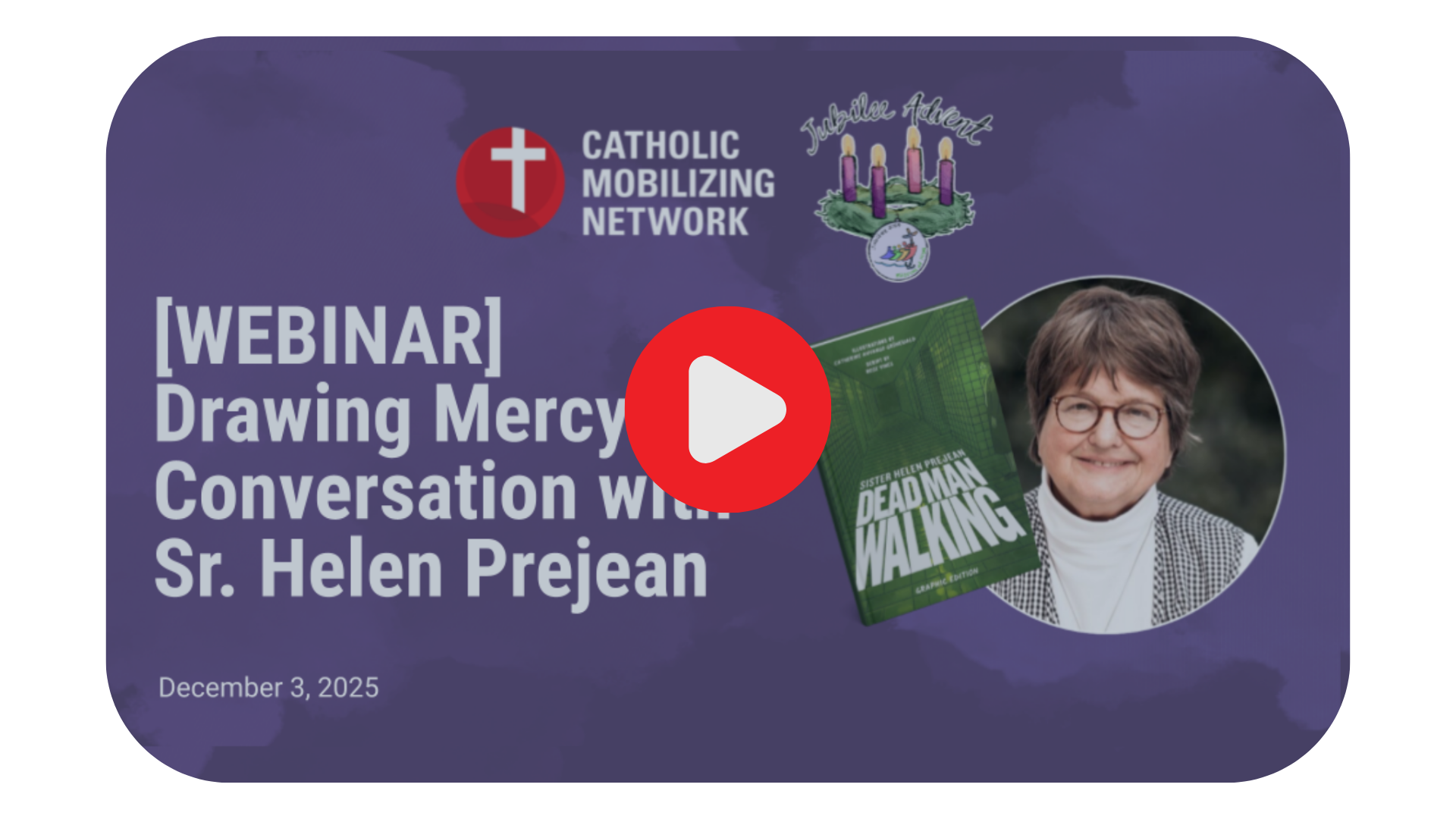


IN MEMORIAM
Every execution at the hands of the state is an act of violence. In a particular way this quarter, we recall the violence endured by Anthony Boyd, whose nitrogen gas execution took nearly 40 minutes and caused him incredible pain and suffering. Mr. Boyd, who always maintained his innocence, was the chairman of Project Hope to Abolish the Death Penalty, an organization run by the men on Alabama’s death row.
We pray for those who have been executed these past three months:
Richard Djerf (AZ), Anthony Boyd (AL), Norman Grim (FL), Bryan Jennings (FL), Stephen Bryant (SC), Malik Abdul-Sajjad/Richard Randolph (FL), Harold Nichols (TN), Mark Geralds (FL), Frank Walls (FL).
We also pray in a special way for the victims who lost their lives to acts of violence.

